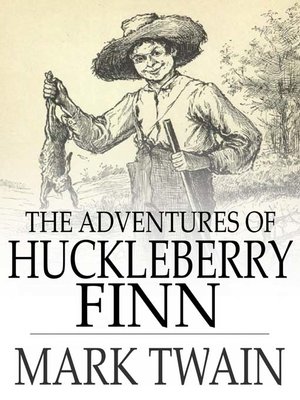

This theme of recurrence, of nothing new under the sun, repeats as to both small points and large ones: for example, the first time Huck Finn was removed from schools for "passages derogatory to negroes" was not in some newly hypersensitive post-hippie modern day – it was in New York in 1957. Through those two lenses, he says, we can see in Huck Finn the way history – as Twain is widely quoted as having said, whether he did or not – may not quite repeat itself, but frequently rhymes. And despite frequent arguments about whether the book is racist or anti-racist, neither Twain nor the novel is easily placed along an arc of steady progress in racial enlightenment - an arc Levy argues is mostly illusory. Twain, Levy argues, was tweaking those who worried then (as they do now) that boys were suddenly being turned violent by popular media (then, the dime novel now, the violent video game).


Levy's bracing thesis is that close attention to both the race aspects and the childhood aspects of both the book and Twain's authorial approach lead to the same conclusion: that things change less than they seem to. Levy argues that while the 1885 book is certainly reflective of Twain's powerful but complicated feelings about race, it is perhaps even more a book about childhood and especially boyhood, conceived and written at a time when the American mind was preoccupied with panic over dangerous and violent boys and with vigorous debates over the proper role of public education. That is the question that animates big parts of Andrew Levy's Huck Finn's America: Mark Twain And The Era That Shaped His Masterpiece, a richly researched, copiously annotated, fascinating argument that in all the debates over the book's treatment of race and despite its position as both a widely banned book and a widely assigned book, we tend to miss some of the most important things it teaches. Is there anything left to say about Adventures Of Huckleberry Finn? Your purchase helps support NPR programming.

Close overlay Buy Featured Book Title Huck Finn's America Subtitle Mark Twain and the Era That Shaped His Masterpiece Author Andrew Levy


 0 kommentar(er)
0 kommentar(er)
